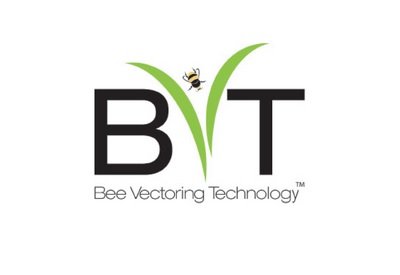Bee Vectoring Technologies triples managed acres in US Pacific Northwest for FY2022
The growers with BVT managed acres in the Pacific Northwest in 2022 represent approximately a third of the 25,000 blueberry, blackberry and raspberry acres(1) in the region
Bee Vectoring Technologies International Inc. has announced that it has accelerated sales commitments through a tripling of acres managed by its natural precision agriculture system in the US Pacific Northwest in FY2022 compared to the previous year. BVT is now working with 11 berry customers in Oregon and Washington on a total of 360 acres, including five paying customers and six growers conducting demonstration trials. These customers grow on more than 8,500 total acres in the region. Additionally, the Company is pursuing opportunities with growers who grow late-blooming varieties of berries.
“Last year, BVT recorded sales in the Pacific Northwest for the first time and a year later we are pleased to announce significant acceleration into the region,” said Ian Collinson, Sales Manager BVT. “We continue to successfully penetrate and grow our presence in this major berry market. This region has growers with large-scale operations, making our progress here a key milestone for BVT’s future growth. As the market becomes more consolidated, BVT will be able to scale its growth exponentially to meet the demands from these large producers in the future. Based on prior experiences with growers, once they are able to see the benefits of the BVT system through the trials, they will efficiently integrate the technology into their entire operation.”
The growers with BVT managed acres in the Pacific Northwest in 2022 represent approximately a third of the 25,000 blueberry, blackberry and raspberry acres(1) in the region. “We expect growers to add BVT to their additional acreage over the coming two to three seasons after successful trials. Additionally, new customer acquisition can be accelerated as other growers will notice the benefits from these large operations, translating to rapid growth for BVT in the future,” added Collinson.
The Pacific Northwest blueberry bloom period began in May, with blackberry and raspberry bloom set to start in mid-June. Growers are using BVT’s proprietary Vectorite with CR-7 (Clonostachys rosea CR-7) biological fungicide and natural precision agriculture system for disease control and improving yield on both conventional and organic acres.
The growers with BVT managed acres in



